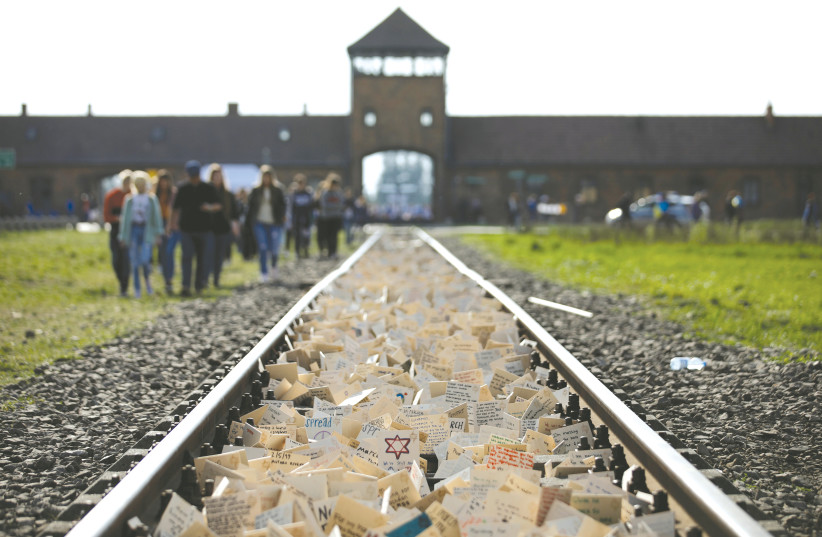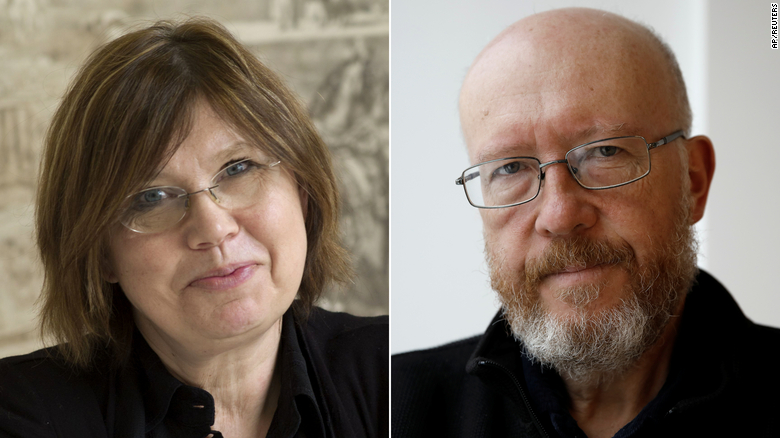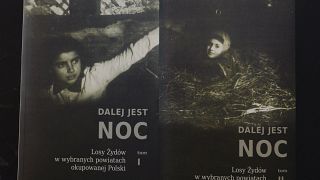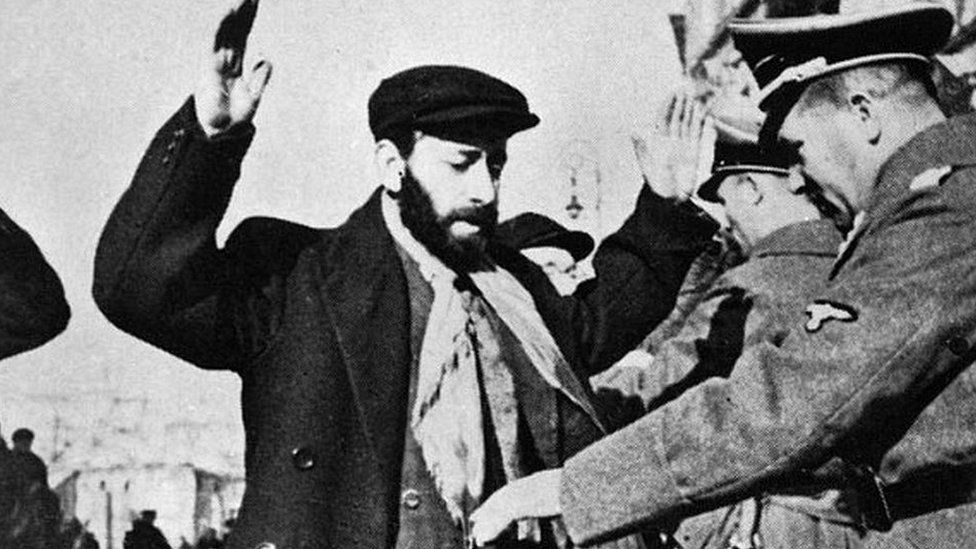Not Libel, but Accuracy in History
 |
| March of the Living’ participants leave notes on the tracks leading
to the former German Nazi Auschwitz concentration camp near Oswiecim,
Poland, May 2, 2019.
(photo credit: REUTERS/KACPER PEMPEL) |
"Earlier this month Zbigniew Ziobro, the Polish minister of justice, introduced new legislation intended to “defend the good name of the Polish nation.” The new set of laws, already approved by the cabinet, would impose prison terms of up to three years on people “who publicly and against the facts, accuse the Polish nation, or the Polish state, [of being] responsible or complicit in Nazi crimes committed by the III German Reich.” In the governmental narrative, the recently approved law is a penalty for those who talk about the “Polish death camps” of the Second World War. In reality, however, the new law, with its ambiguous and imprecise wording, is meant to freeze any debates which might be incompatible with the official, feel-good, version of the country’s own national past."
 |
| The court ruling on Polish historians Barbara Engelking, left, and Jan Grabowski, right, sparked concern for future Holocaust research in the country. |
"[The litigation constituted] an unacceptable violation of the freedom of scientific research and the freedom of expression.""[Verifying research methodology or source material would make for] an unacceptable form of censorship and interference in the freedom of research and scientific work.""This is of particular importance in matters that constitute an important element of public debate, raising important social issues regarding the history of a given state and nation."Judge Joanna Wisniewska-Sadomska, Polish Appellate Court
Two historians who were accused of tarnishing the memory of a villager in Poland through passages of a historical book about the Holocaust whom a lower court had ordered to apologize to the niece of the villager whom she claimed had been wrongly identified as an enabler to the Nazis occupying Poland, by handing over the Jews of the village to be carted off and placed in death camps, have seen the lower-court ruling overturned. The issue was freedom of academic research would be stifled with the success of the libel case.
Barbara Engelking and Jan Grabowski who edited "Night Without End: The Fate of Jews in Selected Counties of Occupied Poland" were taken to court by Filomena Leszczynska, niece of Edward Malinowski who took umbrage when her uncle was identified in the book as a Pole who surrendered Jews to the Nazi occupation. She took grave exception to her uncle's naming as someone who was responsible for aiding the Nazis in their campaign to extinguish the lives of Europe's Jews.
Her lawsuit against the historians resulted in a ruling in February that an apology was in order; in effect negating the claims made in the book, resulting in research establishing actors in Poland who gave aid to their Jewish neighbours and those who not only withheld compassion but became partners with the German occupation in consolidating the fate of Poland's 3.2 million pre-Holocaust Jewish population. The issue was freedom of academic research, as opposed to a claim of tarnishing the image of a Pole.
 |
| "The Fate of Jews in Selected Counties of Occupied Poland" |
Canadian historian and professor at University of Ottawa, Dr. Grabowski informed Reuters that the new ruling represented "a huge thing not only for myself and my colleagues, but for the entire profession of humanities here". Studies concluding complicity by some Poles in the slaughter of Jews by Nazi Germany, as far as the country's governing nationalists are concerned, are nothing but an effort to dishonour a country whose suffering was intolerable during the war years.
Unexpectedly perhaps, the independent appeals court justice dismissed the claims of Filomena Leszczynska defending her uncle's reputation in wartime Poland. The historians were freed from the shackles of defiant restraint against historical accuracy in the interests of recognizing the vital role freedom of academic research plays in recording history. With a supporting requirement to avoid the chill that could impede further such studies.
The case was funded by the Polish League Against Defamation, whose role is to oppose any perceived claims of Polish involvement in the genocidal plan to murder Europe's Jews en masse. The League head, Maciej Swirski revealed that Leszczynska would "fight on", planning to file an extraordinary appeal to the Polish Supreme Court. And the League would be more than happy to fulfill its obligations to 'truth' in historical accuracy by continuing to fund the "fight".
Poland's Jewish population represented the largest in Europe pre-World War II. Virtually all of the Polish Jewish community met their end during the war years as the Holocaust unfolded. While thousands of Poles reacted to the death march of their Jewish neighbours by risking their own lives to help Jews, a body of research exists revealing that equal numbers took part in the Holocaust. A reality that Poles in general and their government in particular, reject.
 |
| German SS searching Jews in Warsaw in 1939 Getty Images |
Labels: Jewish Historians, Libel Case, Nazi Occupation, Poland, Polish Complicity, Polish Jews, World War II
0 Comments:
Post a Comment
<< Home